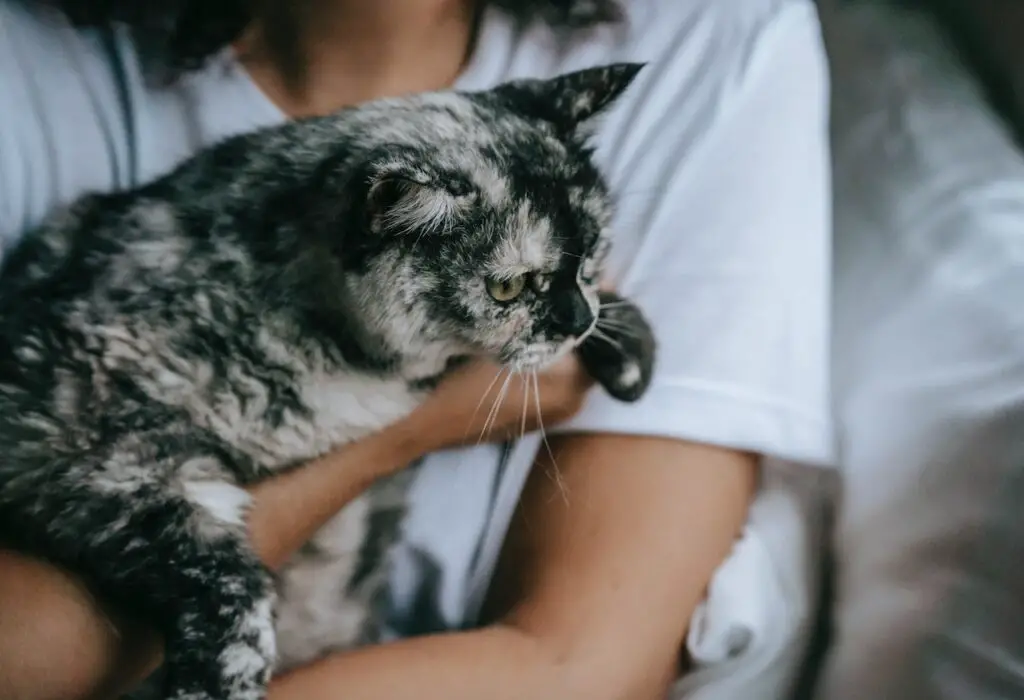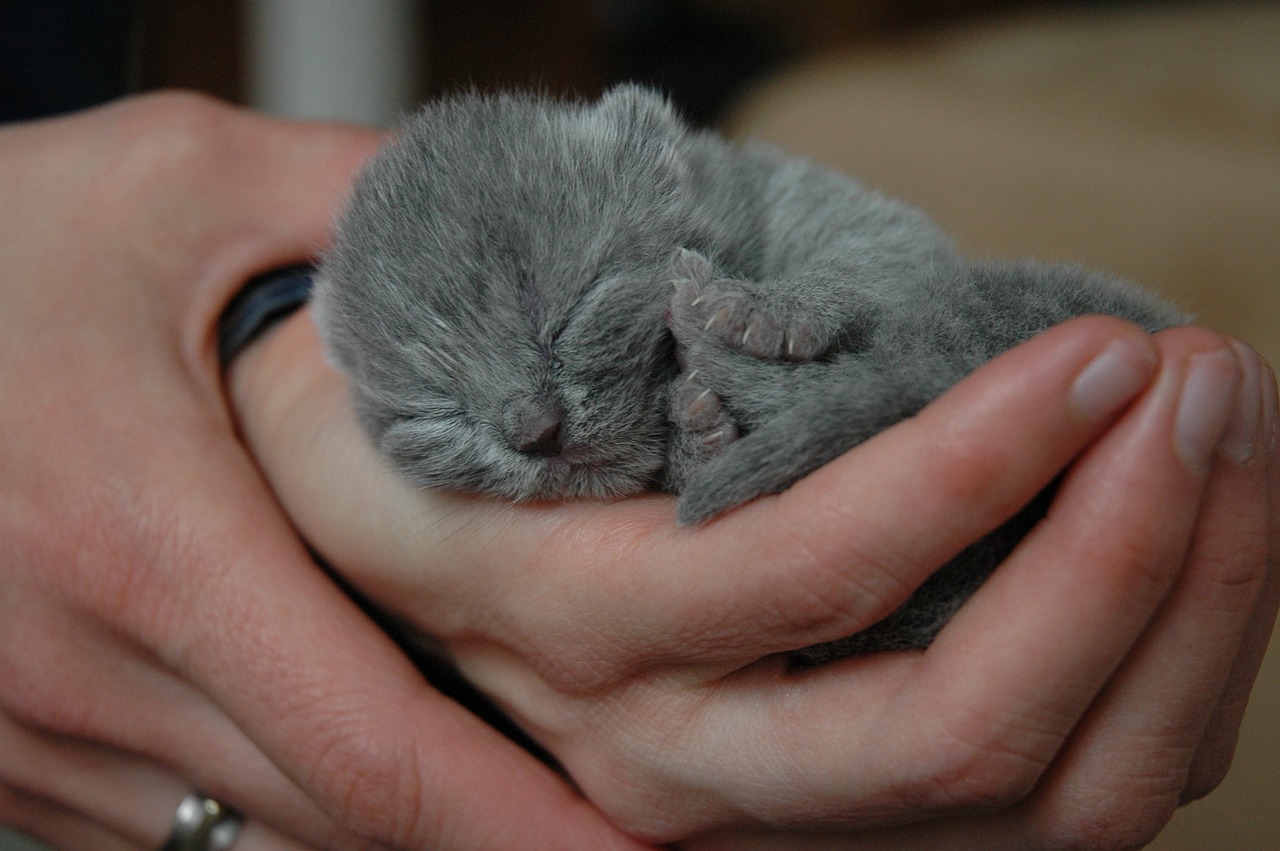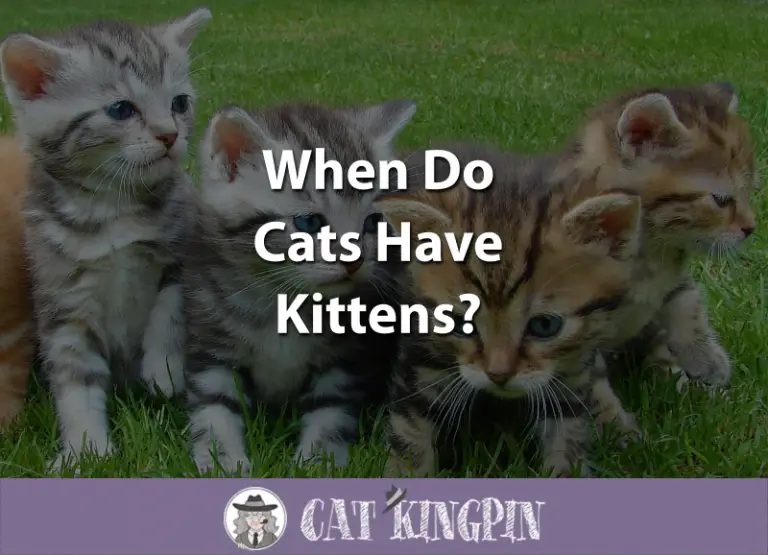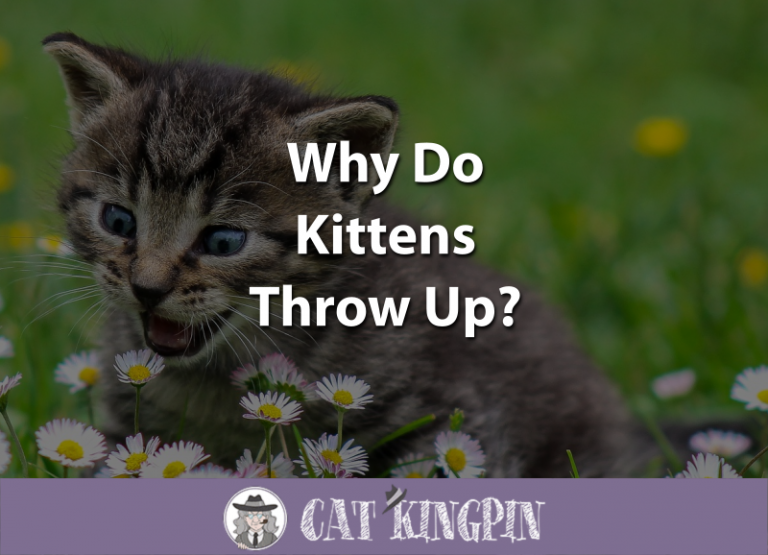Caring for Newborn Kittens: What Foods Should They Eat?
Caring for newborn kittens can be a gratifying experience, but it is also a lot of responsibility with many things to remember, including what sort of food they can have. As you know, kittens need more nutrition than adult cats to grow and develop properly; the best food option for newborn kittens is a kitten milk replacer (KMR). A good KMR provides all the nutrients and vitamins essential for their growth and development. Still, it’s important to note that cow’s milk should not be given as an alternative since it does not contain enough nutrition or fat content needed by kittens. In addition to KMR, you can feed your kitten soft canned food or dry kibble designed explicitly for growing cats, but make sure the food has high-quality ingredients such as proteins from animal sources like chicken, turkey, beef, lamb, etc., carbohydrates from grains like cornmeal or barley; fats from vegetable oils; minerals such as calcium and phosphorus; vitamins A & D; taurine which helps with eye health; and water which keeps them hydrated. You should always consult your veterinarian before introducing any new foods into your kitten’s diet to ensure proper nutrition levels are maintained throughout their life stages.

What to watch out for: Identifying health problems in kittens
When identifying health problems in kittens, there are a few key signs you should watch out for. Firstly, pay attention to the kitten’s behavior and energy levels. This could indicate an underlying health issue if they seem lethargic or uninterested in playing. Secondly, check for any physical abnormalities such as lumps or bumps on their skin or any discharge from their eyes or nose. Thirdly, look out for any changes in their eating habits – if they’re not eating as much as usual or have stopped eating altogether, this could be a sign of an illness. Finally, keep an eye on their litter box habits. If they’re having trouble using it or going more often than usual, this could indicate a urinary tract infection or other medical issues. If you notice any of these signs in your kitten, it’s essential to contact a mobile vet like the mobile vet in Elk Grove, CA, or any other mobile vet you may know of for immediate and much-needed treatment.
Identify stressors that may cause changes in the behavior of kittens.
Kittens are susceptible to environmental changes, and any stressor can cause them to act out. Everyday stressors that may cause changes in behavior for kittens include loud noises, unfamiliar people or animals, sudden movements, and changes in routine. Environmental factors like temperature, humidity, and lighting can also affect a kitten’s behavior. Moreover, kittens may become stressed if they feel threatened or unsafe. If you notice your kitten exhibiting signs of stress, such as hiding, hissing, or growling, it is crucial to identify the source of the stress and take steps to reduce it.
Know what to do if you notice changes in your kitty’s behavior.
If you notice any changes in your cat’s behavior, taking action as soon as possible is essential. First, observe your cat and try to identify the cause of the change; it could be something as simple as a new toy or a change in routine. If the reason is not apparent, it may be time to contact the vet for a check-up. Your vet can help determine if any underlying medical issues could be causing the behavior change, and they can advise how to address the problem best and help your cat return to normal. If you cannot identify the cause of the behavior change, keeping an eye on your cat and monitoring its activity closely is vital. Finally, ensure they have plenty of food and water available at all times, and provide them with plenty of love and attention.







